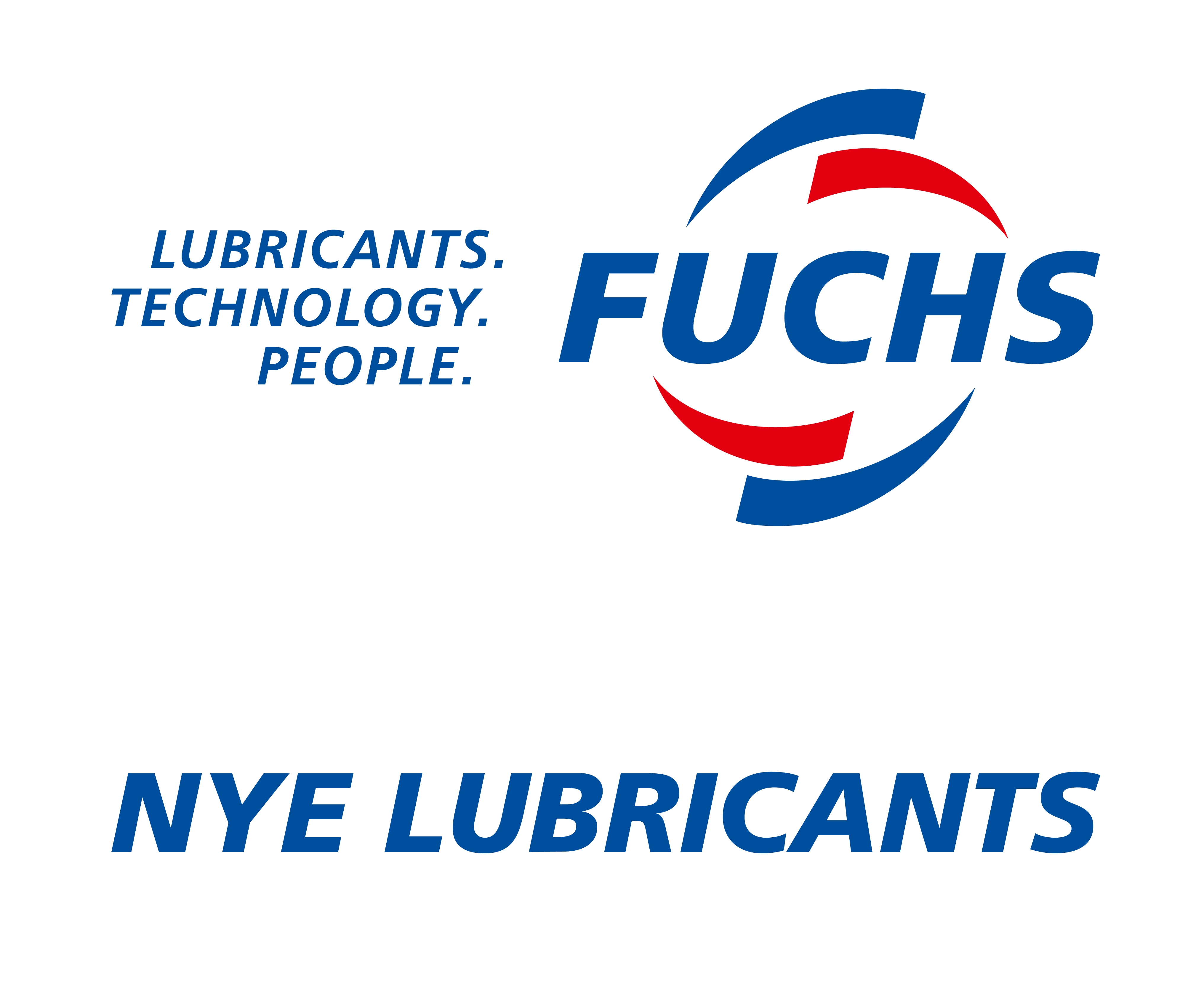Nye Lubeletter - July 2016
 Lubricant Testing 101 - Evaporation
Lubricant Testing 101 - Evaporation
 An evaporation test, also known as CTM 1 for grease and CTM 2 for oil, indicates a functionality of a lubricant at high temperatures. The test will determine the mass loss of a grease or oil over a period of time. Monitoring evaporation loss is important in applications where high temperatures occur. When a significant amount of oil evaporates from a grease or oil, the grease can stiffen or the oil viscosity can change, thus altering the properties of the lubricant. Evaporation tests will ensure that the mass loss of a grease or oil is in line with the product application’s specifications.
An evaporation test, also known as CTM 1 for grease and CTM 2 for oil, indicates a functionality of a lubricant at high temperatures. The test will determine the mass loss of a grease or oil over a period of time. Monitoring evaporation loss is important in applications where high temperatures occur. When a significant amount of oil evaporates from a grease or oil, the grease can stiffen or the oil viscosity can change, thus altering the properties of the lubricant. Evaporation tests will ensure that the mass loss of a grease or oil is in line with the product application’s specifications.
![]()

New Damping Grease Sample Kit
 A new, expanded Damping Grease Sample Kit is now available from Nye Lubricants, Inc. The kit features greases from the Fluorocarbon Gel 868 and NyoGel® 774 series of products that were designed to control motion and vibration, maintain accurate positioning, smooth operation, and provide touch feedback for a broad array of mechanisms and controls. These greases exhibit stable, water-resistant, shear thinning characteristics over a range of viscosities. To learn more about this kit, view our Press Release, or to request a sample kit, visit our Damping Kit Request Page.
A new, expanded Damping Grease Sample Kit is now available from Nye Lubricants, Inc. The kit features greases from the Fluorocarbon Gel 868 and NyoGel® 774 series of products that were designed to control motion and vibration, maintain accurate positioning, smooth operation, and provide touch feedback for a broad array of mechanisms and controls. These greases exhibit stable, water-resistant, shear thinning characteristics over a range of viscosities. To learn more about this kit, view our Press Release, or to request a sample kit, visit our Damping Kit Request Page.

Tribological Testing by SRV®
 In an earlier edition of the LubeLetter, the concept of Tribology was discussed and its application to the properties of friction and wear. At Nye Lubricants, friction and wear is measured using an SRV instrument. SRV stands for Schwingung (Oscillating), Reibung (Friction), Verschleiž (Wear). The SRV measures the physical interactions between a lubricant and two specimens in a loaded contact in either rotational or linear oscillatory motion.
In an earlier edition of the LubeLetter, the concept of Tribology was discussed and its application to the properties of friction and wear. At Nye Lubricants, friction and wear is measured using an SRV instrument. SRV stands for Schwingung (Oscillating), Reibung (Friction), Verschleiž (Wear). The SRV measures the physical interactions between a lubricant and two specimens in a loaded contact in either rotational or linear oscillatory motion.
![]()

